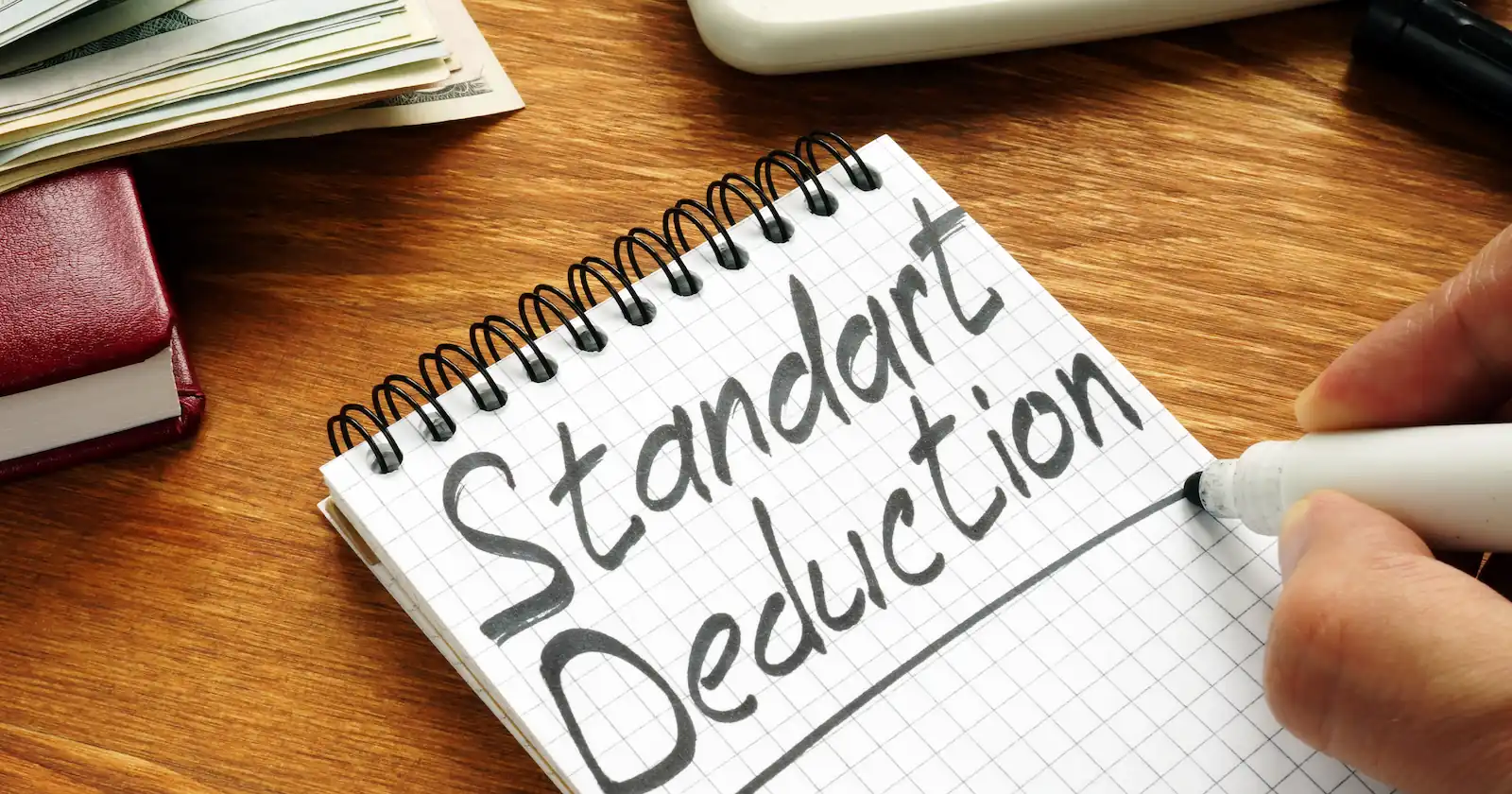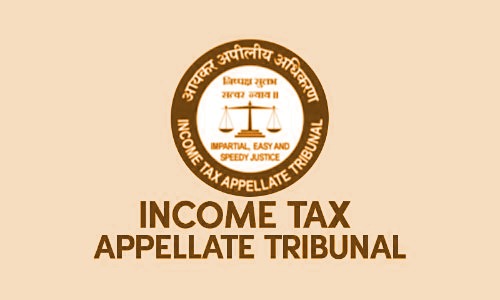As the 2023 Union Budget approaches, speculation is growing as to what relief measures it may contain. In the past, budgets have included benefits such as deductions and exemptions, which often come with a variety of conditions and limitations. This has made it challenging for taxpayers to navigate the complex provisions and take advantage of them. To address this issue, the 2020 Budget introduced a simplified alternative regime in Section 115BAC, which allows individuals and Hindu Undivided Families (HUFs) to pay taxes at a reduced rate, but with the trade-off of giving up certain exemptions and deductions. If a taxpayer chooses this option, he will not be able to claim exemptions or deductions such as the standard deduction from salary, deductions under Section 80C, 80D, or 80TTA, among others.
The introduction of Section 115BAC aimed to benefit a large group of taxpayers. However, many taxpayers do not opt for this simpler regime because it lacks basic tax deductions and exemptions. Common expenses such as housing loan repayment, children’s tuition, and life and medical insurance for one’s family are not eligible for tax benefits under this regime, making it less attractive to taxpayers. To make this alternative tax regime more appealing, it would be beneficial to include tax deductions for those who choose it.
To make Section 115BAC more beneficial for taxpayers, the following exemptions and deductions should be made available:
1. Deduction under Section 80C for expenses such as life insurance, education, housing loan repayment, and pension funds, with a maximum claimable amount of Rs. 1,50,000.
2. Deduction under Section 80D for medical insurance premiums and expenses, with an additional deduction for senior citizen parents.
3. Deduction under Section 80TTA/80TTB for interest earned on savings account deposits and term deposits, with maximum claimable amount of Rs. 10,000 and Rs. 50,000 respectively.
4. Standard deduction under Section 16 of Rs. 50,000 for individuals earning salary income.
5. Deduction under Section 24 for the interest component of loans taken for the acquisition, construction, or reconstruction of a house property, with a maximum claimable amount of Rs. 2,00,000 for a self-occupied property.
6. Exemption for House Rent Allowance (HRA) for employees who reside in a rented house, commonly claimed by salaried employees as HRA is a component of their salary used to cover the cost of rent.
In summary, Section 115BAC was intended to assist a wide range of taxpayers, but it currently lacks enough tax exemptions and deductions. To improve this section and help taxpayers maximize their income, it is recommended that common tax exemptions and deductions be made available. These exemptions can significantly reduce the tax burden on taxpayers and allow them to retain more of their income. Additionally, to make Section 115BAC more beneficial for taxpayers, a basic exemption limit of Rs. 5 lakhs and applying the highest slab of 30% only to taxable income above Rs. 20 lakhs can also be considered as an option.






















